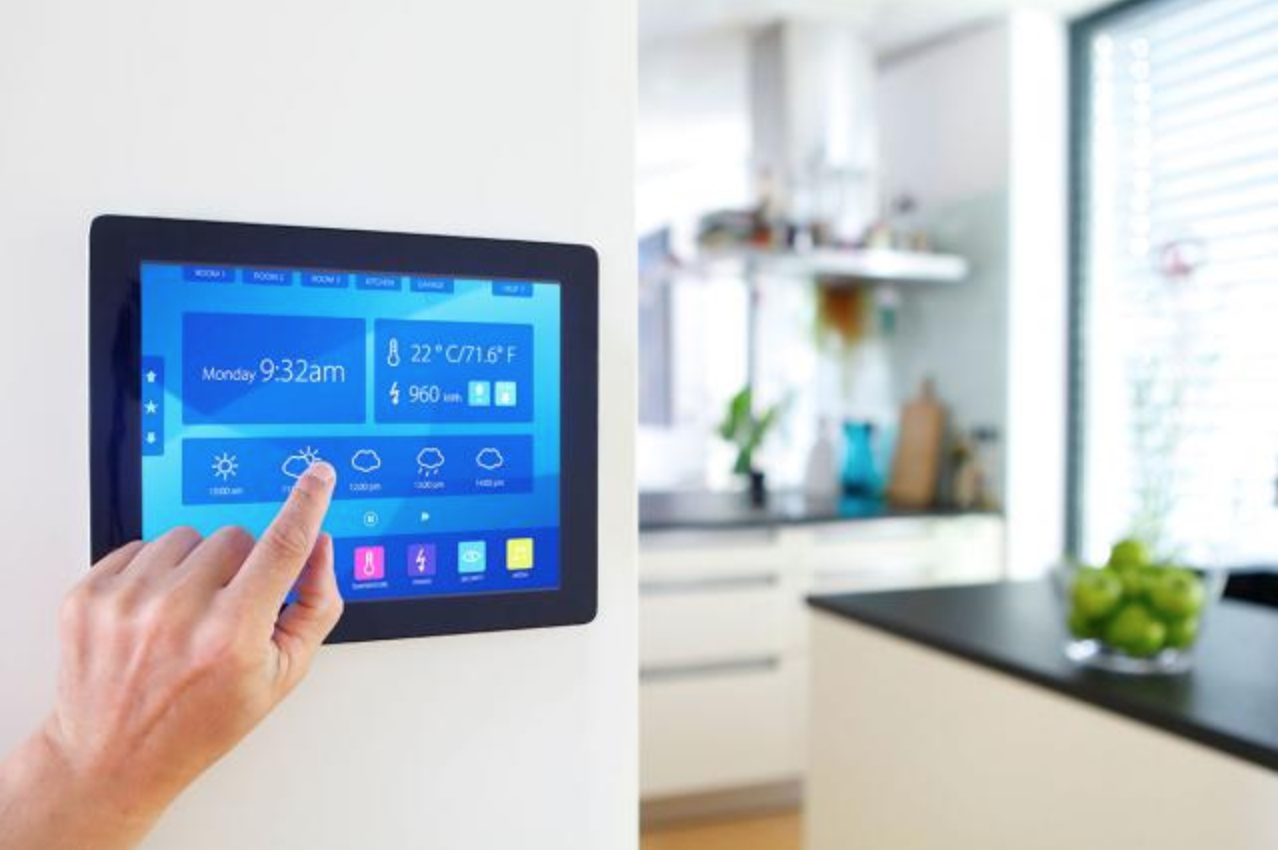Avast: Why IoT security should be your number one security worry
Smart homes may pose a greater risk than previously thought

The growth of smart IoT-connected gadgets may be causing a dramatic rise in the number of cyberattacks targeting both consumers and businesses alike.
Security experts have warned that criminals are increasingly targeting smart home products which are worryingly sparse in terms of even basic security, putting customers at risk of attack.
TechRadar Pro spoke to Michal Salat, Threat Intelligence Director at Avast at MWC 2019 to find out just how real the smart home security threat can be.
- Avast Free Antivirus review
- Sophisticated malware could target your smart home in 2019
- Best security camera system for your business in 2019
Secure homes
Avast recently released its Smart Homes report, which found that two out of five connected households are vulnerable to cyberattack.
The company surveyed over 16m smart home networks to find 40.3 percent of homes worldwide have more than five smart devices connected and 40.8 percent of these smart homes contain at least on vulnerable connected device.
In many cases, convenience is triumphing over security, with Salat noting that IoT are designed for ease of use - you don’t want to enter a password every time you want to turn on a smart lightbulb in your home, for example.
But much of the risk comes from the simple fact that there is still no concrete system outlining security guidelines for IoT devices in place. Manufacturers often elect to rush out a product in order to capitalise on market demand rather than being concerned with possible security issues.
Are you a pro? Subscribe to our newsletter
Sign up to the TechRadar Pro newsletter to get all the top news, opinion, features and guidance your business needs to succeed!
“There is an issues that you will have a lot of vendors providing solutions based based on their own systems, so there's no single universal operating system like on Windows,” Salat says.

Avast’s report found that the majority of vulnerable smart home devices were at risk due to weak credentials such as a simple password or only using one-factor authentication, with unpatched devices also a major risk.
This makes such devices easy pickings for attackers, with Salat noting hackers who were previously only targeting PCs are now increasingly hitting IoT devices, bringing their expertise with them to create even more damaging attacks.
“We see a huge increase in the sophistication (of attacks) coming over,” he says, “attackers are learning their tricks and seeing what works for them...as new features arrive.”
Smart homes typically centre on a single device - a router, and with 5G networks set to launch next year across the globe, the possibility for millions more IoT connections is very real.
"When we currently look at home networks, typically there's one single device for connecting everything - that's the router,” Salat says. “We'll see how this will change with 5G...but for some time, especially in the transition period...devices will still need some kind of protection.
So when it comes to embracing IoT and smart homes, Salat and Avast are clear on one aspect - do your research. “Security has its cost,” he notes, adding that cheap devices are rarely any good and often come with lax security.
- What is the IoT? Everything you need to know

Mike Moore is Deputy Editor at TechRadar Pro. He has worked as a B2B and B2C tech journalist for nearly a decade, including at one of the UK's leading national newspapers and fellow Future title ITProPortal, and when he's not keeping track of all the latest enterprise and workplace trends, can most likely be found watching, following or taking part in some kind of sport.